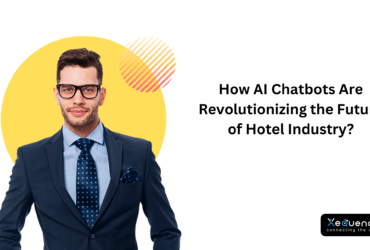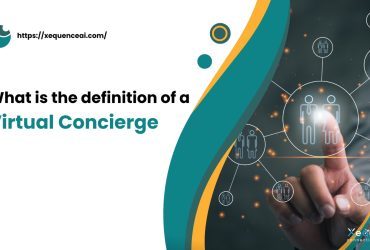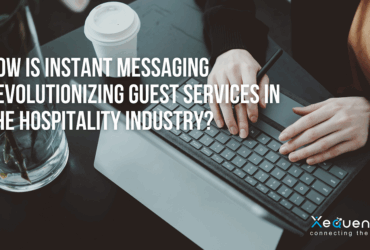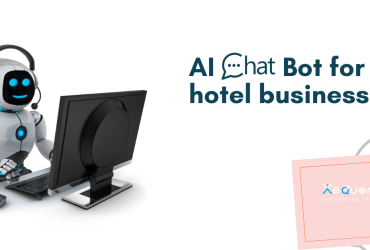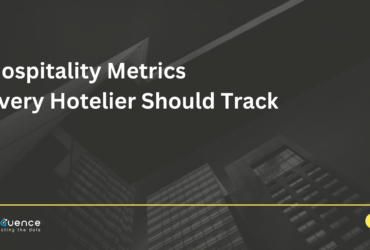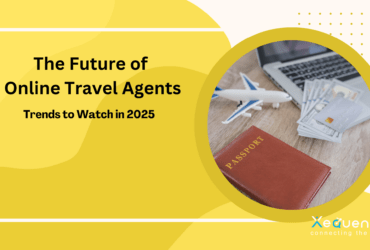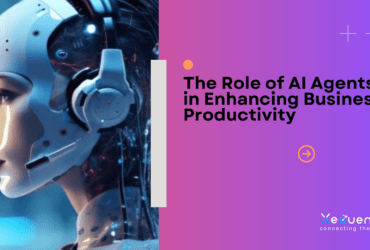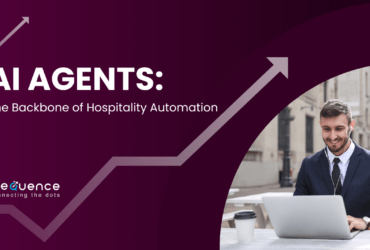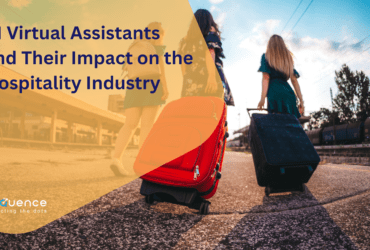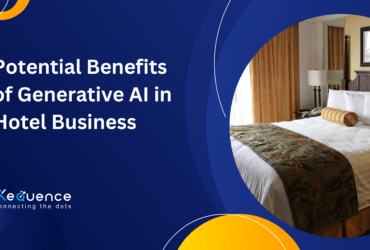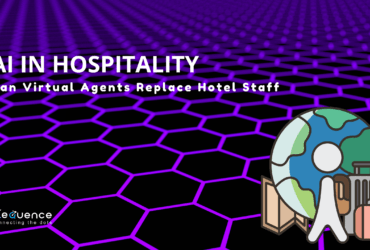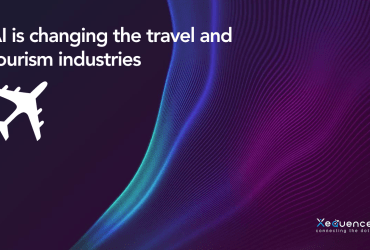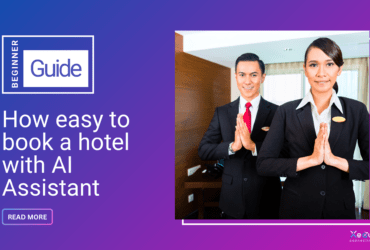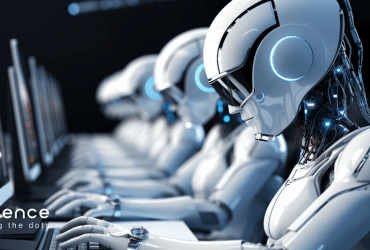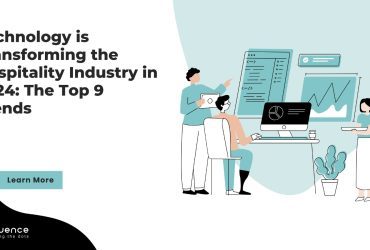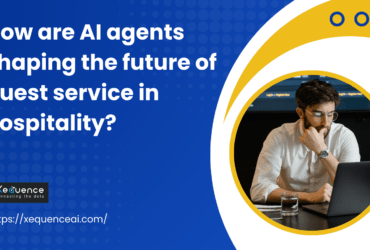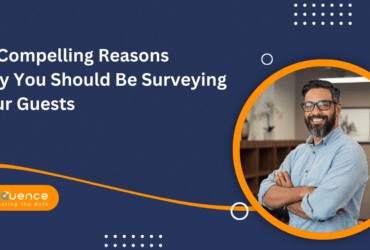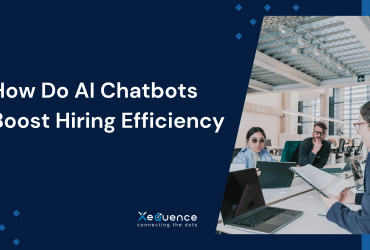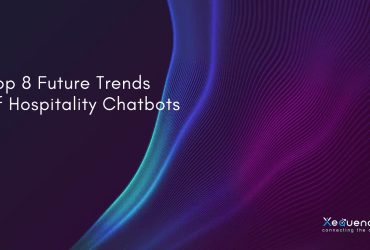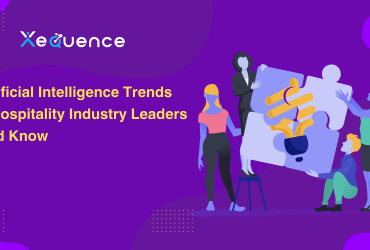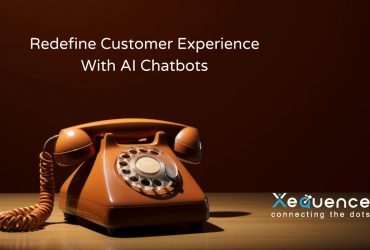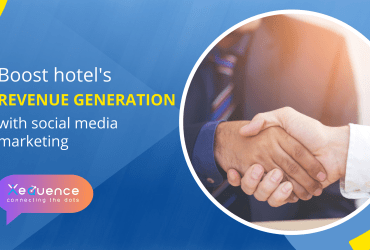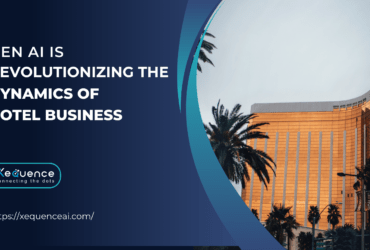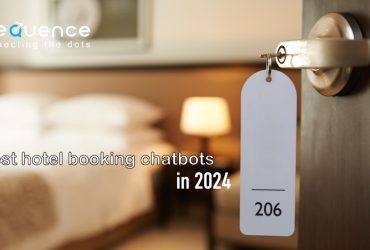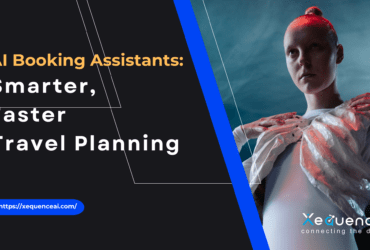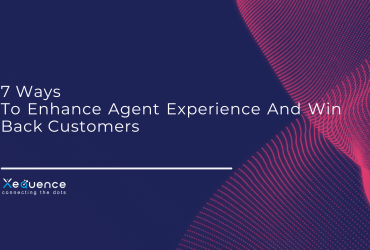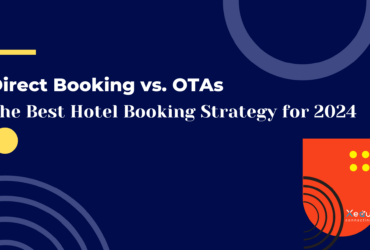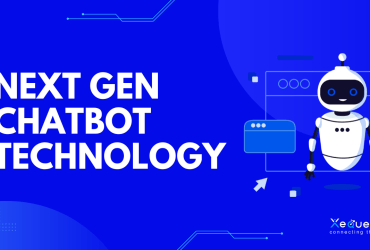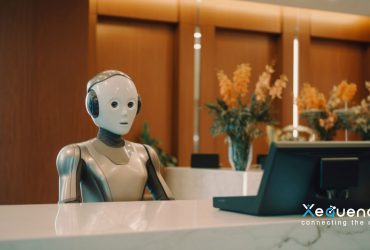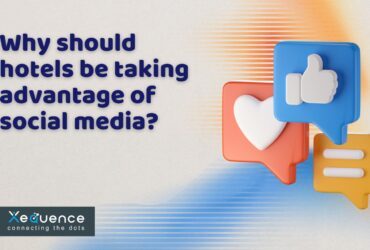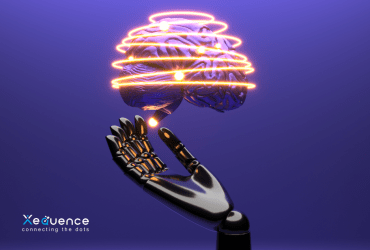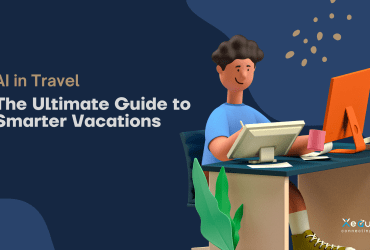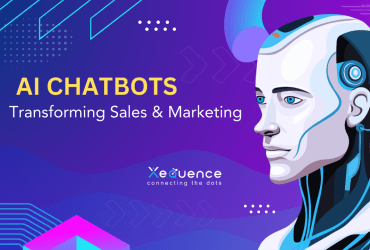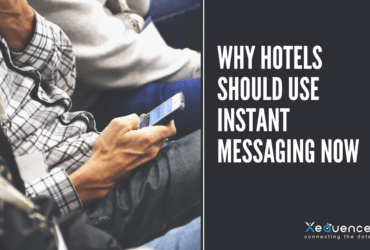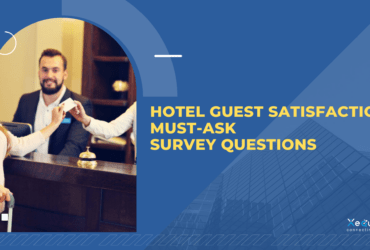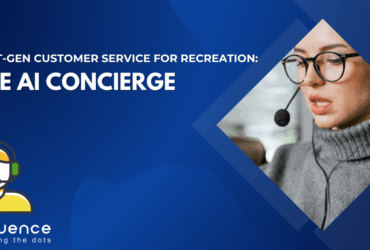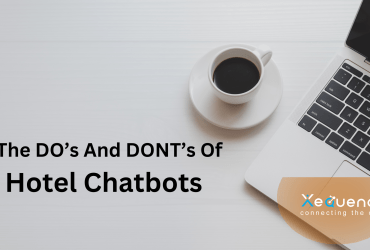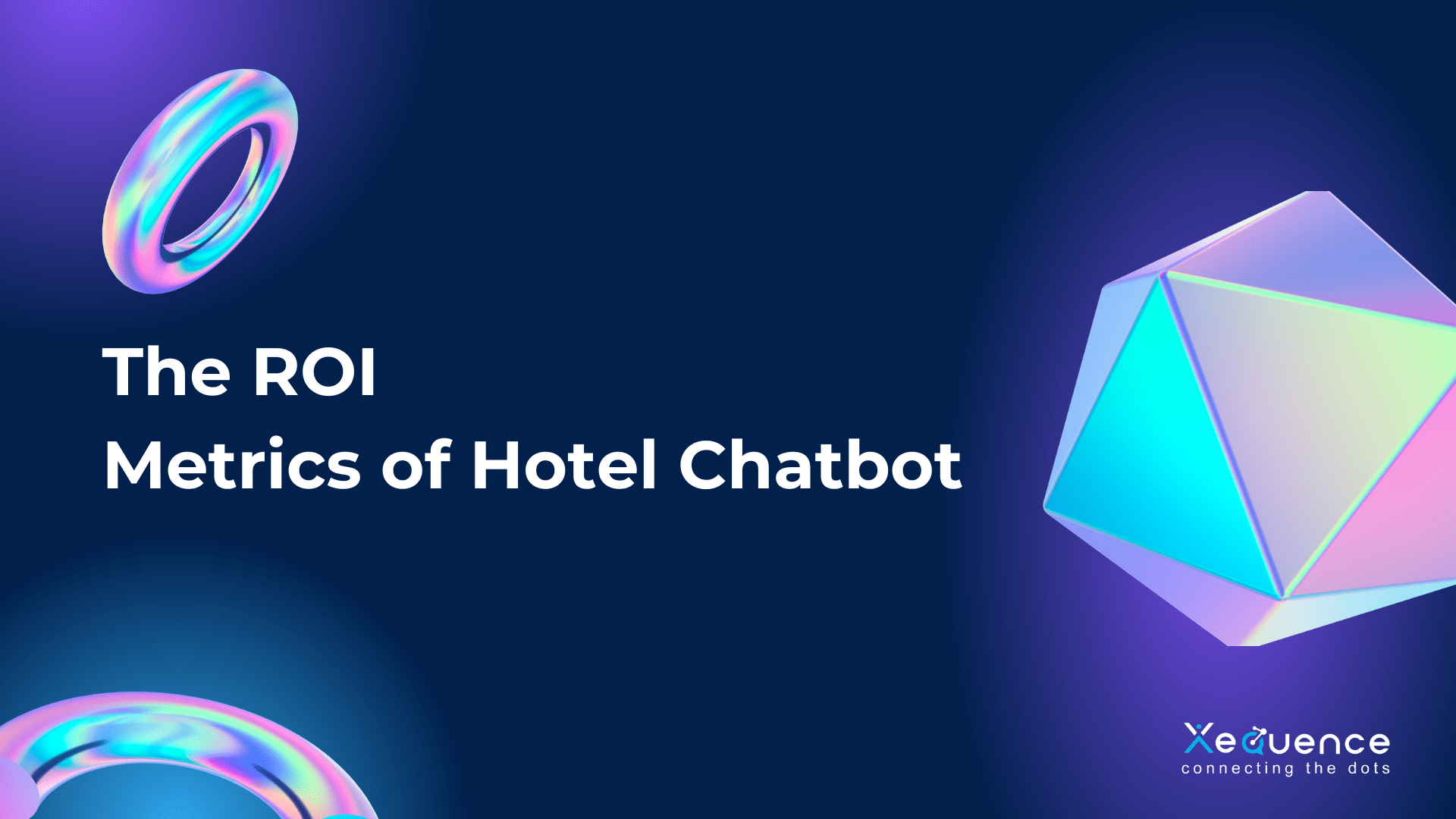
- April 30, 2024
- Rajib Kar
- Chatbot, Gen AI, Hotel Management
Use hotel chatbot to evaluate the return on investment
Chatbots, personalised suggestions, operational automation, and advanced analytics are all examples of AI applications that are penetrating the hotel industry. However, integrating AI is a substantial expensive commitment, so it is critical that firms evaluate the return on investment (ROI) of such projects. This article discusses the significance of quantifying the ROI on AI investments and presents a methodical strategy for doing so effectively. This blog outlines the major ROI indicators for hotel chatbots. So take a look at the Key Performance Indicators that will help you analyse, monitor, and optimise the business value of chatbots in your hotel(s). Today you will get to know the key metrics of best AI chatbot.
Tools and Techniques for ROI Analysis
Setting precise standards and key performance indicators (KPIs) is an important part of using data analytics tools for ROI research. By defining these parameters, businesses can properly assess the effectiveness of artificial intelligence (AI) systems and their contribution to overall goals. These criteria are required to assess the impact of AI on ROI.
Tracking small improvements and attributing them to AI efforts is critical. Businesses can learn about the specific impact of AI strategies and technology on ROI. In some circumstances, modest increases in productivity, efficiency, or customer happiness may be directly related to AI projects, making it critical to measure these changes in order to fully comprehend the return on AI investments.
Leveraging data analytics tools and ROI calculation methods can help firms see the tangible impact of AI on their bottom line. Companies can acquire a comprehensive knowledge of the return on investment in AI by establishing explicit standards, tracking incremental improvements, and attributing them to AI. As a result, they can make more informed judgements about future AI strategies and investments, increasing their ROI even higher.
ROI Metrics
Set clear Key Performance Indicators
The first KPI that comes to mind is conversation success rate. A communication is considered successful when the user receives the desired information or is able to effectively process his request. After 1000 talks, hotels should expect a success rate of 70% to 80% with a smart chatbot. To begin with, chatbots are not something you activate to miraculously resolve the majority of your customers’ inquiries. In truth, the success rate of your hotel chatbot is determined equally by your supplier and the quality of the predetermined answers you enter into the AI automation.
Boost direct sales
Booking engines specialises in standard 2-adults-for-one-night requests. So, of course, you should be able to accept them as well, which is why you have a booking engine. However, you may receive more complicated demands through your direct sales channels, which you must also handle. This is because they typically have a higher ADR and Booking.com is unable to manage them. People visit your website because they want more personalised service and information. So give it to them! Chats and chatbots are excellent solutions for receiving and managing requests that require personalization.
Direct conversion
Booking conversion is another important ROI statistic for hotel chatbots that you should regularly track. Conversations with the chatbot can sometimes go quite well before ending when the customer is moved to the booking engine. The average chatbot conversion rate should be approximately 20 percent. While it is obvious that not all requests will be granted, if your chatbot conversion rate is less than 15%, there is a problem and it may be worthwhile to review the UX of your Booking Engine. As example, some booking engines may not provide a particularly pleasant user experience for multiple room reservations. So, once you have a request for more than four persons, conversion can become really difficult.
Impact on Brand Reputation and Image
A brand that promotes innovation and reactivity can get attention and respect in the marketplace. When AI is used properly, it not only improves service delivery but also reshapes the brand’s identity in the eyes of customers. An AI-powered establishment is viewed as forward-thinking and responsive to its clients’ changing needs. As guest experiences are shared widely, the ripple effect of a single contact can have a favorable impact on the brand’s reputation. A future-ready brand in hospitality is frequently distinguished by its careful use of AI to amaze and delight guests.
Increase in Customer Retention Rates
Customer retention is critical to long-term viability and growth in the competitive hospitality industry. Satisfied clients are the most effective marketers for your brand, sharing their positive experiences with family and friends and even through internet reviews, which draws new guests. Hotels and resorts may create a self-sustaining cycle of recurrent revenue by delivering satisfied consumers through AI’s efficiency and personalised care. Retention metric is seen in hospitality industry’s occupancy rates where AI is helping the hotels.
Revenue Growth Attributed to AI-Enhanced Services
The use of artificial intelligence to augment traditional hospitality services has created new revenue streams while amplifying old ones. For example, AI-enabled personalisation enables upselling by offering extra services based on individual visitor preferences. It can also dynamically alter pricing in response to demand swings and other market circumstances, ensuring that customers are prepared to pay the greatest price feasible. Furthermore, AI-enhanced services, such as virtual concierge and personalised travel itineraries, entice users prepared to pay a premium for a customised experience. This service upgrade not only drives top-line revenue growth but also distinguishes businesses in a crowded market, generating and retaining a devoted client base.
Improve/optimize customer service
Driven by AI in hotel industry, hoteliers are constantly overwhelmed because they have to deal with what’s coming at them. For example, when front desk agents pick up the phone, they have no idea what’s on the other end, whether it’s a group request or a guest wants to know the check-in time. So, most of the day is spent on urgent-but-not-necessarily-valuable tasks instead of important tasks. Over 70% of customers’ emails, text messages, and phone calls are repetitive interactions. These interactions, which take time, can and should be automated. The truth is that sometimes a human answer is no more valuable than a machine. Skimming through the chit-chat would help your team cut through the noise and refocus its efforts on managing better, more nuanced, and useful interactions.
Boosts Employee Satisfaction and Turnover Rates
The introduction of AI in hospitality goes beyond guest interactions; it also changes the workplace for employees. Mundane and repetitive duties, which were once the misery of the hospitality workforce, are now entrusted to AI systems. This redistribution of work enables employees to engage in more meaningful and creative activities, hence increasing job satisfaction. Employee morale improves when they believe their abilities are being used effectively, which can considerably lower turnover rates. Staff retention is more than simply a human resource advantage; it also has a direct impact on the bottom line by lowering hiring and training costs.
Conclusion
Chatbots have become an essential part of the strategy of e-commerce companies. And, when you include them into your hotel’s direct sales funnel, you must monitor performance and know what actions to take at each stage of the process. Exploring AI is an interesting path that requires a significant financial investment. This initial monetary embrace includes multiple components, including acquiring or building complex software tailored to your operations, purchasing or upgrading gear capable of supporting your new AI systems, and integrating these into your existing technological environment.
Categories
- Artificial Intelligence (43)
- Business (7)
- Chatbot (39)
- Digital Concierge (10)
- Gen AI (30)
- Guest Experience (26)
- Hotel Management (21)
- Hotel Marketing (18)
- Natural Language Processing (2)
- NLP (1)
- Revenue management (4)
- Technology (13)
- Travel (10)
- Uncategorized (6)
- Whatsapp (2)





